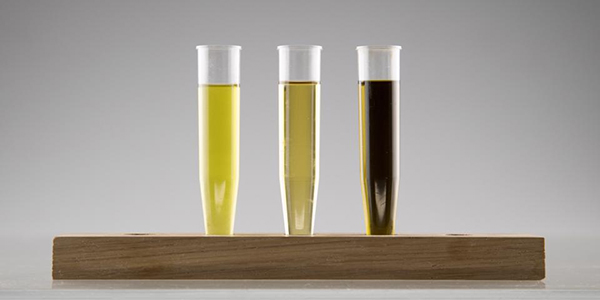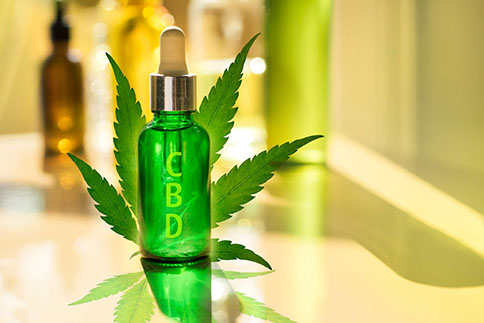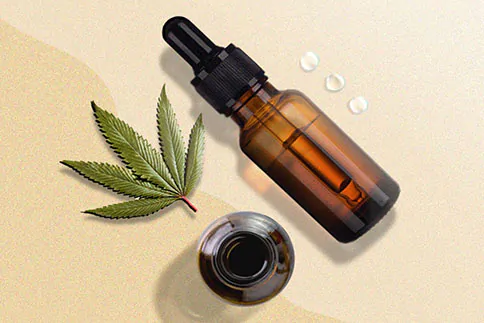Does CBD Go Bad?

Does CBD Go Bad?

Americans spend $35 billion a year on vitamins and minerals. That figure doesn't consider the vast amount of money spent on the latest trend, the non-intoxicating cannabinoid CBD.
The global cannabidiol market is valued at $2.8 billion in 2020 and is forecast to grow to a staggering $13 billion by 2028, representing a 20 to 23% year-on-year growth.
This is due to the growing recognition in CBD helping ease insomnia, pain, anxiety, and inflammation, among other things. There is even a trial looking into if CBD can help treat one form of brain cancer.
As the market grows, consumers are keen to try out and learn more about this wonder drug. In this article, we will look into how long you can store CBD and the best way to do so.
Let's say you've purchased some CBD tinctures, and then half a year goes by before you realize you haven't touched those capsules or tinctures in months. Will they still work if you use them now? Or have you wasted your money? What if you buy a whole bottle of CBD oil and only use a few drops a day to help you fall asleep? It can sit on your shelf for years. Which, of course, raises the question: can CBD go bad?
Storage stability of CBD

Let's cut to the chase; the answer is yes, CBD can go bad. Like any other vitamins or supplements, they have a best by date and a reason for that. Like all cannabinoids, CBD's chemical structure eventually degrades. Still, a few things to be aware of when buying CBD will help you choose products that will last longer than a few months.
The method of product extraction plays a vital role in product quality and stability.
Solvent-free options are a good choice, or carbon dioxide extraction. While hydrocarbon extracts may have their place, its believed that preserving the chemical integrity of the plant, as therefore its natural compounds, will delay degradation.
Just like THC, light and heat will play an important role in the rate of chemical reactions in CBD. Other factors to consider are non-cannabis-derived ingredients, such as flavoring agents or carrier oils. The entire CBD product is only as good as the compounds with the shortest shelf life. Oil, edibles, etc., all have some form of additive, and in many cases, the race against time is not directly related to CBD content.
If CBD starts to change color or appears darker, cloudy, or murky, it could be a sign that it's starting to deteriorate. A change in smell or taste is another sign. There is no data to suggest that consuming CBD after its expiration date will harm consumers. However, it does degrade into compounds called quinones. While there hasn't been much research on the unique quinones derived from CBD, the loss of CBD reduces the product's efficacy, so you definitely won't get the full benefits.
Keep your CBD fresh

There are steps you can take to ensure that your CBD has a long shelf life. One rule that usually applies to buying CBD is to buy from a company you know and trust, where the COA (analytical certificate) is readily available and customer service staff are ready to answer your questions.
Even better, buy from your local legal pharmacy, where quality control and lab results are mandatory parts of doing business.
When buying CBD, look for products in dark bottles (green is said to work best) to mitigate the effects of degradation of the cannabinoids from sunlight.
When you get home, be sure to store it in a cool, dry place - between 60 and 70 degrees Fahrenheit. A drawer, cabinet, or cupboard away from a window, heater or radiator is a good place. Minimize the amount of time the product is exposed to air and immediately return the bottle cap to the unopened bottle after use.
By following these guidelines, your CBD can last up to two years, which will ultimately save you time and money.





